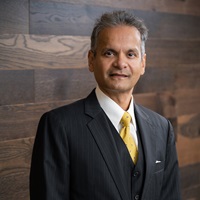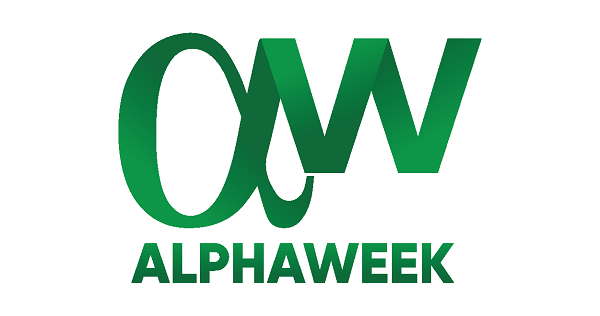Despite the continued influence of systematic strategies and passive, index-based investing in public equities, the bottom-up, discretionary approach continues to provide opportunities for alpha generation. Greg Winterton spoke to Himanshu Shah, President and Chief Investment Officer of Shah Capital, to learn more about the firm’s approach and to get his views on the active / passive and discretionary / systematic debate.
GW: Himanshu, let’s start at the beginning. How do you screen for new opportunities? What do you like, what do you dislike, and why?
HS: At Shah Capital, we’re sector-agnostic, fundamental investors, and we often follow companies for a long period before investing. We’re looking to leverage stock market dislocations of course, but we obviously place a strong emphasis on the qualitative aspects of the business aspects that we think will set them up for long-term success.
In terms of screening, then what I’d say is that what we’re finding better opportunities in the small-mid-cap US equity space and non-US equities – there is very much a ‘have’s and have nots’ situation in US equities, with the ‘have’s’ being the large caps, so we’re looking elsewhere currently.
GW: Moving on to activism. Your firm uses the term ‘soft activism’. How do you define that, and under what circumstances do you deploy it as part of your strategy? And how do you view activism more broadly?
HS: We use the term ‘soft activism’ because Shah Capital is a long-term shareholder that prefers to have open, consistent dialogue with the management of our portfolio companies. We also call this ‘Suggestivism’. We aim to be constructive and thoughtful contributors to strategy conversations, and we would only go public if we felt it necessary, as activism can be time-consuming for both sides. Our approach to ‘activism’ aligns us with other shareholders in seeking to maximize the value of the company.

GW: You run a concentrated book. There’s a school of thought out there that says that this is exactly what hedge funds should do, as opposed to be heavily diversified, because the latter approach lacks conviction. What’s your view?
HS: We obviously agree. A concentrated book can create very significant alpha but it’s critical that the strategy is managed correctly; having a concentrated portfolio can create an illiquid situation, especially if you have smaller capitalization equities, so having long-term, unlevered capital, is the optimum way to effectively manage the liquidity risk.
GW: What are the current macroeconomic tailwinds and / or structural factors that support a discretionary, bottom-up approach succeeding?
HS: Understanding historical patterns, even though they don’t repeat exactly, provides valuable context, and experience in navigating past market conditions adds significant value, especially in today’s fast-changing world. Markets often assume a “Fed Put,” where the Federal Reserve intervenes to stabilize markets. While this phenomenon has driven higher equity indexation investing – further enriching US Mega-Caps – real opportunities lie in identifying smaller, undervalued stocks that have the potential to outperform indices, similar to the period from 2000-2005. Plus, the US economy is highly levered, which is creating unique opportunities for those who can analyze individual firms and situations deeply. Over the next three to five years, we expect passive investing to underperform due to “Most Elevated Valuations.” Therefore, by focusing on individual companies and leveraging historical insights, a valuation-driven bottom-up approach will/can generate significant alpha.
GW: Lastly, Himanshu, what’s the message to potential investors with regards to why to allocate to a discretionary, bottom-up strategy? Where does it fit into a portfolio that likely has passive and / or systematic public equity exposure already?
HS: US large cap equites have done exceedingly well due to prevailing higher interest rates, massive indexation capital inflows, better liquidity premium, significant buy backs producing better % profit growth. However, this long-term significant outperformance has created some very elevated valuations, especially among the “Nifty Fifty” and the “Magnificent 7.”
Here at Shah Capital, we see this trend reversing, due to the lower interest rates regime we are getting into; in a softer global economy, you’re more likely to see more profit growth disappointments. Small-mid-caps and non-US equities offer tremendous opportunities where, despite balance sheets being stronger, valuations are underwhelming. We also see lot of these companies delivering better profit growth in 2025, which presents a tremendous potential for strong returns.
**********
Himanshu Shah is President and Chief Investment Officer of Shah Capital









